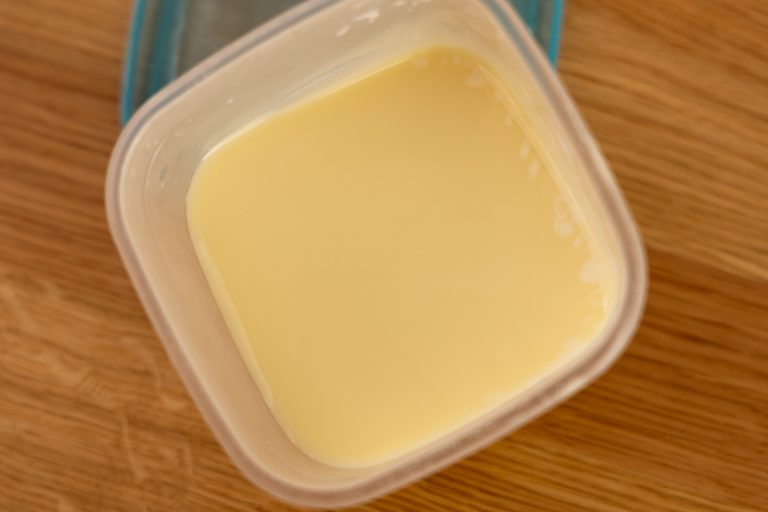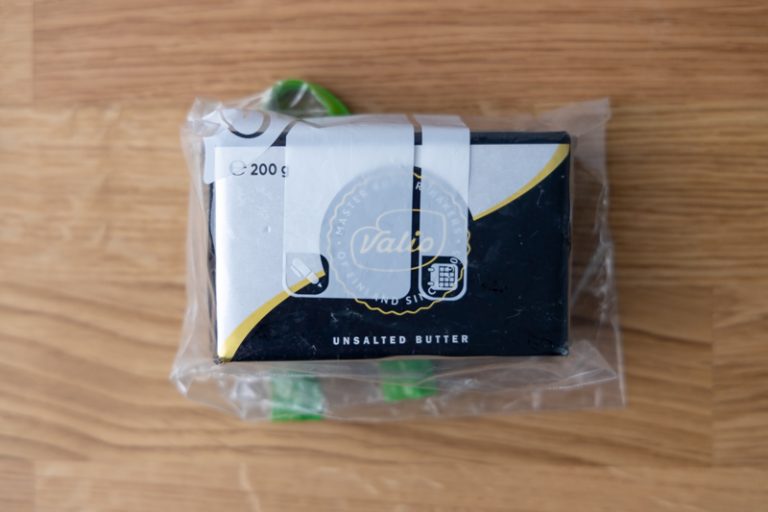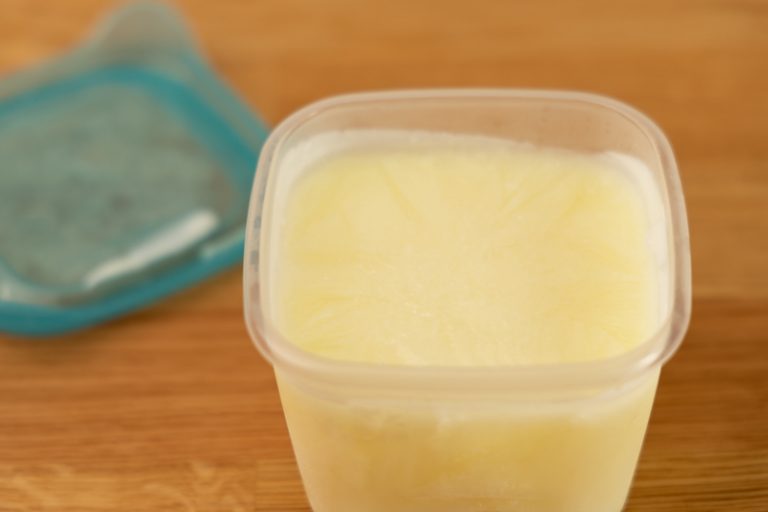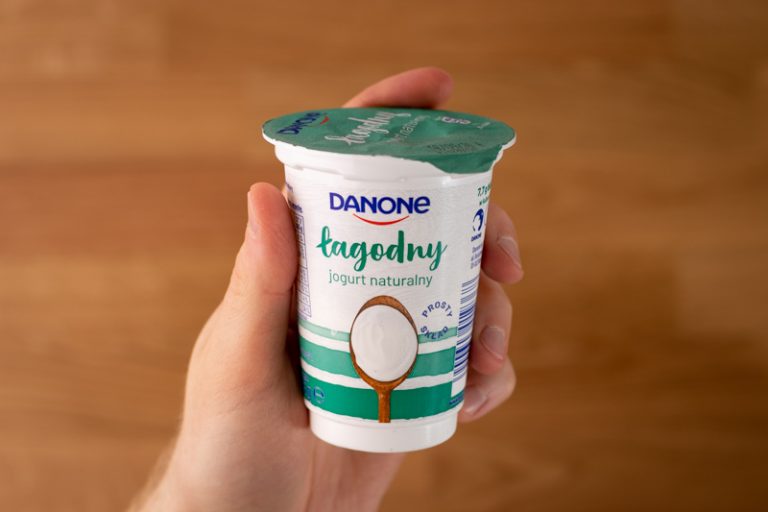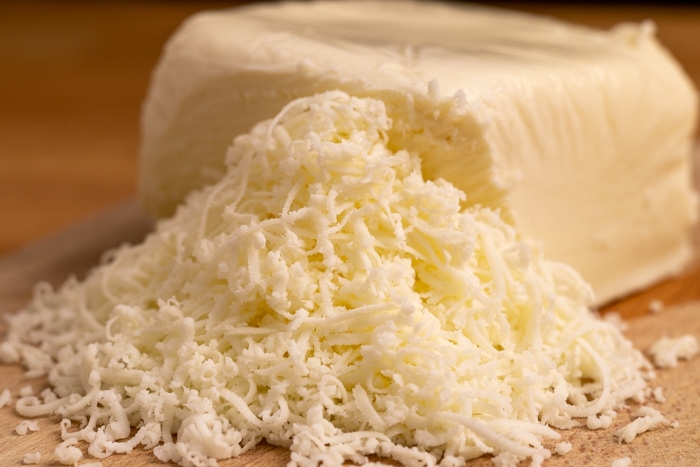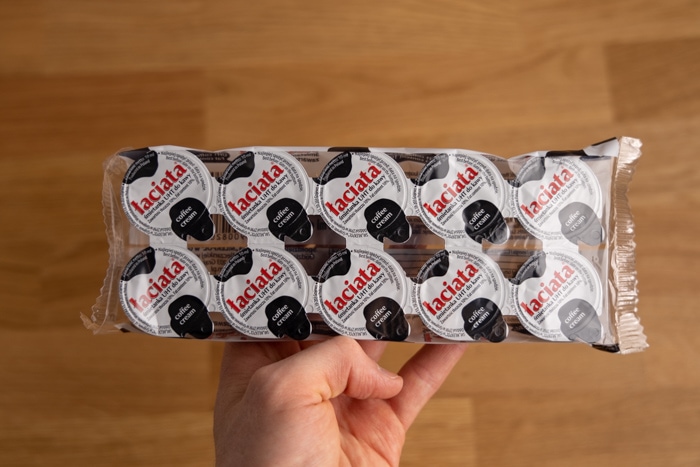How Long Does Cream Cheese Last? [Shelf Life & Spoilage]
Got a half-open cream cheese that’s been in the fridge for more than a few days? If so, you’re probably wondering how long open cream cheese lasts.
Or maybe you got a cream cheese tub that’s a week past the printed date, and you’re not sure if it’s still okay to eat. Does cream cheese go bad?
Either way, this article is all about the shelf life, signs of spoilage, and storage of cream cheese.
If that’s what you want to learn more about, read on.

How Long Does Cream Cheese Last?
Cream cheese has a shelf life of several weeks and can typically last for up to a few weeks beyond the use-by date. After opening, the dairy product keeps good quality for 1 to 2 weeks, depending on the brand and ingredients used.
That’s a high-level take on the shelf life of cream cheese. Now, let’s get into the details.
Unopened
Cream cheese comes with a sell-by or use-by date, and it usually lasts for 1 to 2 weeks beyond that date, sometimes even longer. So if your expired cream cheese is only a week or so past the printed date, it still makes sense to open it up and examine its quality. Chances are it’ll be perfectly fine.
Of course, this is a dairy product we’re talking about, and these aren’t known for their longevity and predictability regarding shelf life. That means cream cheese can just as well go bad a week before the date on the label if it was mishandled before it found its way to the refrigerated section in the grocery store.

After Opening
An open tub or foil-wrapped cream cheese lasts 1 to 2 weeks, depending on the brand. Some sellers are quite conservative and suggest a fairly short 7-day period, while other sources say you can freely keep open cream cheese for up to two weeks.
As usual, the sooner you use the product, the better the quality and the less chance your cream cheese will start to sour.
In other words, open cream cheese lasts a bit longer than open cottage cheese or ricotta.
Finally, all of the above applies to mascarpone cheese as well. Cream cheese and mascarpone aren’t the same, but shelf life-wise, they’re quite alike.

How to Tell If Cream Cheese Is Bad?
Cream cheese is bad if it shows any noticeable changes in appearance, like mold, yellow or green specs, or the surface dries out. It’s also spoiled if it gives off a sour or “funny” smell or if it starts to taste sour.
You want your cream cheese to be white and creamy, smell fresh, and have its signature flesh and slightly tangy flavor. If either isn’t up to those standards, your cream cheese is most likely spoiled.
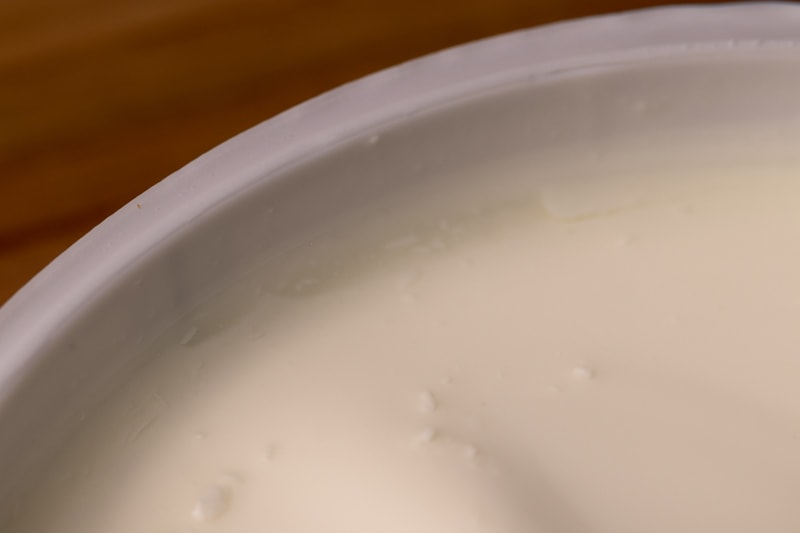
If both the smell and appearance are okay, tasting the product makes perfect sense. Eating a small amount of cream cheese, even if it’s already starting to go bad, won’t kill you, so don’t worry.
If there is some liquid on top of cream cheese, it is an effect of separation, and it’s harmless (see photo below).
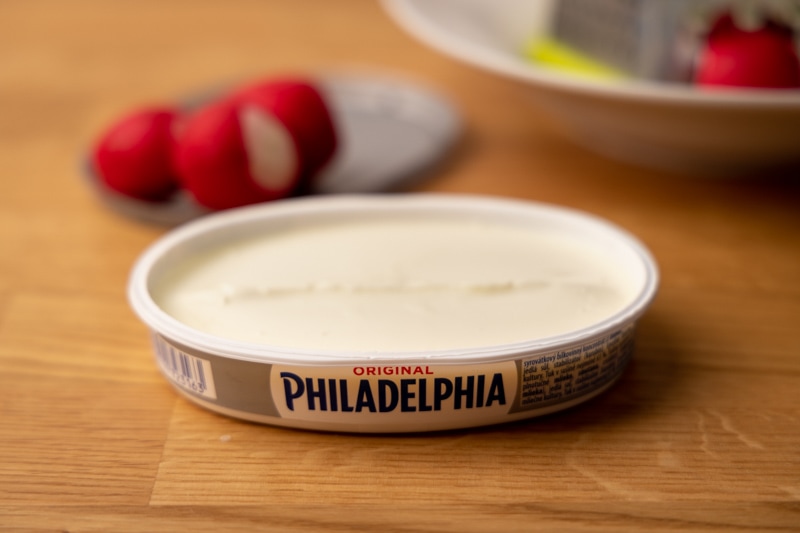
How to Store Cream Cheese
Like other dairy products, such as buttermilk or yogurt, you should store cream cheese in the fridge.
Once you open the package, make sure it’s well covered when not in use. If the original package isn’t resealable, consider putting it in a freezer bag for additional protection against microbial contamination. Or transfer the leftovers into an airtight container.
If you don’t have either on hand, take plastic or aluminum wrap and a rubber band and turn them into a makeshift seal.
If you’re using cream cheese as a spread, as many people do with for example Philadelphia Cream Cheese, remember to practice proper food hygiene.
That means always use clean cutlery when scooping the cheese and never double-dip. I know it’s much more convenient to use a single butter knife for everything, but it’s not a good idea. Especially for dairy products, which don’t last that long and spoil easily.
Last but not least, you can freeze cream cheese, but the quality won’t be all that great after defrosting. Read our guide on freezing cream cheese to learn more.

Want to learn more about cheese in general?
Check out our guide:
Rotten Records: Share Your Snap!
Caught some food past its prime? Upload your photo to “Rotten Records” and help others spot the signs of spoilage. Every image makes our food community safer and more informed!

